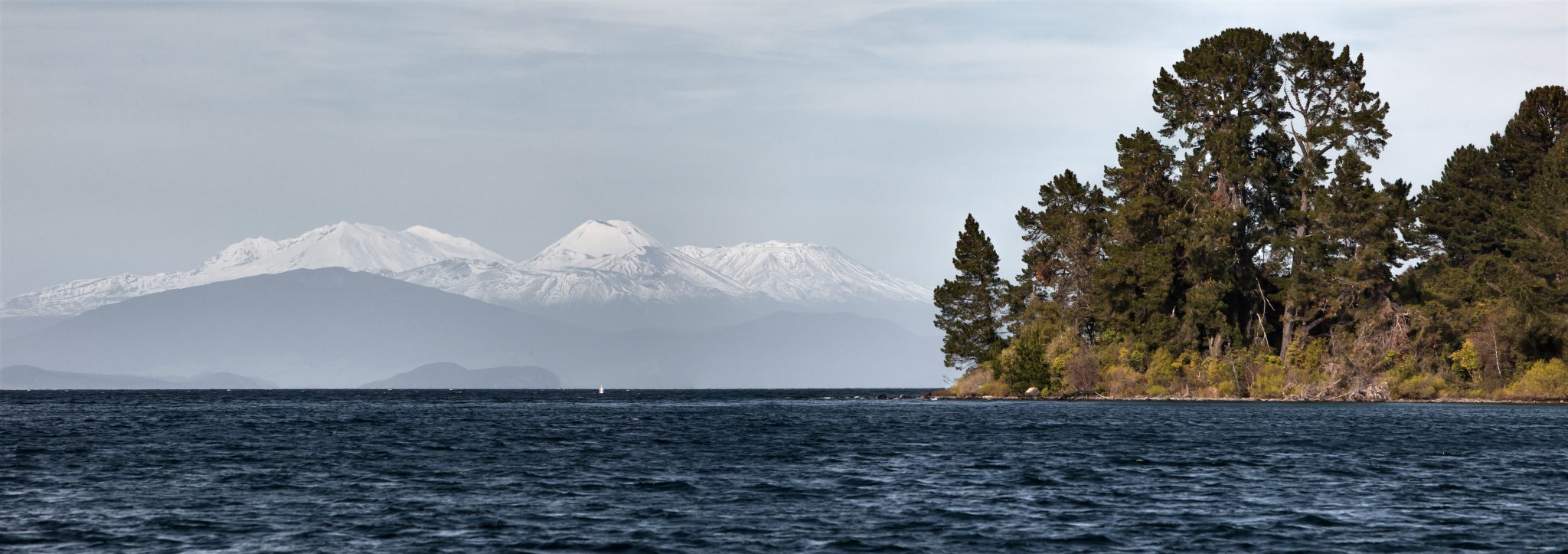MEDIA STATEMENT FOR IMMEDIATE RELEASE
The Golden Clam is a considerable risk to Taupō Waters, and the Tūwharetoa Māori Trust Board is calling on all New Zealanders to do their part to prevent its spread.
“If this pest reaches Taupō Waters, it could pose a significant risk to our lake and rivers which we esteem to be taonga (treasures),” says Rakeipoho Taiaroa, Tūwharetoa Māori Trust Board’s chief executive.
“It is imperative that we protect New Zealand’s largest lake, its tributaries and outflow from the Golden Clam.”
The Golden Clam (also known as the Asian Clam, Freshwater Clam or Freshwater Gold Clam) was discovered at Bob’s Landing near Karāpiro earlier in the year. It breeds very fast, producing up to 4000 juveniles in a year. Due to its rapid spread, it can out compete native aquatic life such as the endangered kākahi (freshwater mollusc).
It has been known to damage water infrastructure such as water pipes and hydro stations. So it also has the potential to affect our water and electricity supply.
To assist in protecting Taupō Waters from the Golden Clam, the Trust Board calls on all New Zealanders to observe and keep to the recent Controlled Area Notices (CAN) announced by Biosecurity NZ (MPI).
“The Golden Clam should be treated as the significant threat that it poses to our waters, as every effort to erradicate it internationally as failed so far,” Rakeipoho Taiaroa continues.
“We have already had to cancel a boating event on Lake Taupō to ensure the safety of our waters. While we are reluctant to cancel events that bring benefit to our region, the protection of our taonga remains paramount.”
These protective measures CAN make a difference
Currently, there are three Controlled Area Notices (CAN) in effect in the North Island. First, is the CAN in effect between the Whakamaru Dam and Te Puaha o Waikato (the Waikato River Delta).
This means that any wake boat which has entered into the Waikato River from Whakamaru Dam to Te Puaha o Waikato cannot go into any other body of water. This is because there is no satisfactory method of cleaning the bladder tanks inside such vehicles.
All other boat types that have operated within the defined area need to undertake a thorough cleaning process before moving to any other water body. This includes all other equipment that has come into contact with the water.
A wake boat is defined as any watercraft with an internal tank or bladder that cannot be completely drained. All other watercraft need to be checked, cleaned and dry before entering any other body of water.
There are two CANs in effect over the Te Arawa Lakes region.
The CAN issued over Lake Ōkataina requires all boats to be cleaned at a designated wash station in Rotorua before entering, and there are restricted hours of entry.
The CAN issued over all 14 Te Arawa Lakes any boats which have entered the Waikato River within 30 days to be cleaned at a designated wash station in Rotorua before entering. There are no restricted hours of entry.
“We expect every user of Taupō Waters to comply with all of these measures,” Mr Taiaroa continues.
“Because until we find a way to get rid of the Golden Clam, prevention is our only option.”
The Trust Board continues to work with local and central Government agencies about the Golden Clam.
QUESTIONS ABOUT THE GOLDEN CLAM
What CAN we do to prevent the spread of the Golden Clam?
- Comply with the Controlled Area Notices!
- Report any sightings of the Freshwater Clam using the embedded weblink or by calling 0800 80 99 66
- Tirohia, Horoia, Whakamarokengia (Check, Clean, Dry) all boats, wetsuits, fishing equipment when coming out of the Waikato River from the Whakamaru Dam to Te Puaha
- Be considerate of our river iwi whānau up the awa
Where can I get more information about the Golden Clam?
- See our first statement on the Golden Clam
- See our second statement on the Golden Clam
- See our statement regarding the CANs on the Golden Clam
- See the MPI webpage about the Golden Clam
What is the jurisdiction of Tūwharetoa Māori Trust Board on Lake Taupō?
The Tūwharetoa Māori Trust Board is the legal entity which holds the title for Lake Taupō, the Waikato River up to Te Toka a Tia and several of the lake’s tributaries. Collectively these taonga are called “Taupō Waters”. These titles for these taonga are held by the Trust Board on behalf of Ngāti Tūwharetoa iwi.

